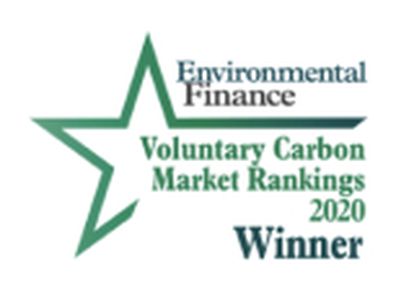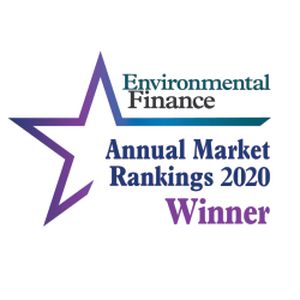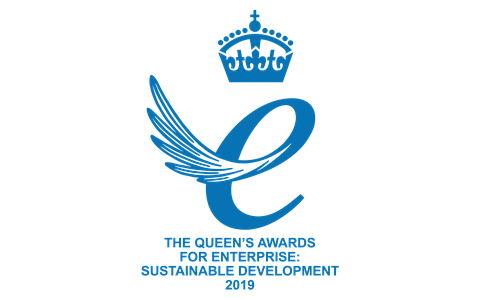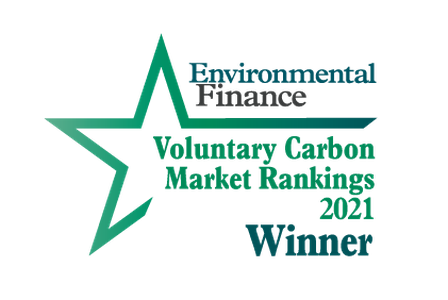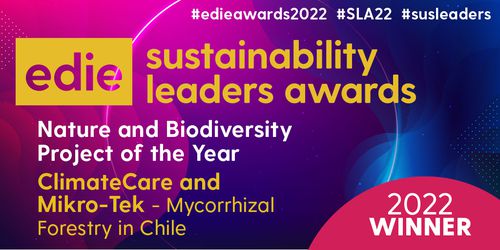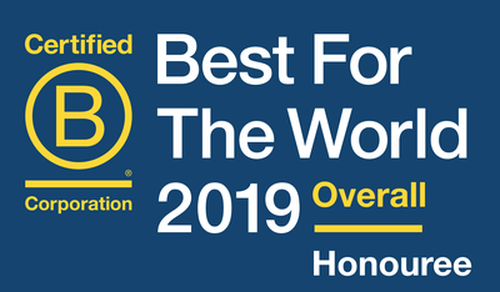Our highly selective strategy when choosing project partners is reflected in our success in selling carbon credits from their projects to provide a critical revenue stream.
To date, we have contracted more than100 million tonnes of CO2e. Working with our climate-leading clients and high-quality project partners around the world, we will reduce 1 billion tonnes of carbon emissions by 2030.
Our robust due diligence process ensures we have a well-earned reputation for delivering the highest quality projects. We have been voted Best Project Developer in the Voluntary Carbon Market and have continuously held the title of Best Project Developer Public Health since that category was created in 2013.
How we select our project partners
Watch our short video outlining some of the factors we look for when selecting project partners.
Watch nowInternational verified standards
All the projects we work with are independently audited to internationally-agreed standards. They are all certified by third parties and go through a rigorous system of checks and balances to prove they are real, measurable, permanent, additional, independently verified, and unique.
We work with project partners who:
- Understand local stakeholders and ecosystems
- Have the highest standards of conduct
- Can demonstrate their project has additional benefits, beyond verified emission reductions, such as positive social, biodiversity, and equality impacts.
When our clients buy carbon credits, we help quantify the many outcomes and benefits the projects deliver.
International Standards
All the projects we work with are independently audited to internationally-agreed standards.
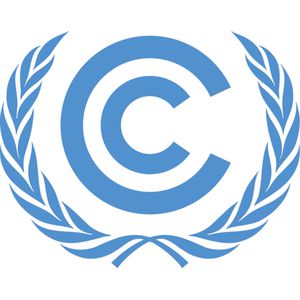
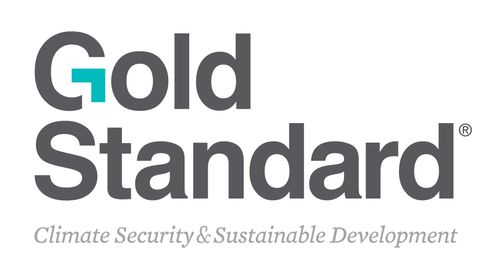
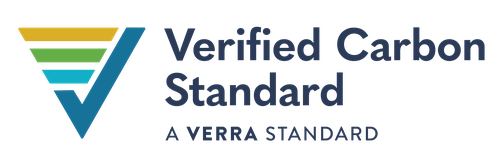
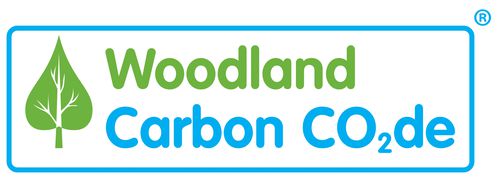
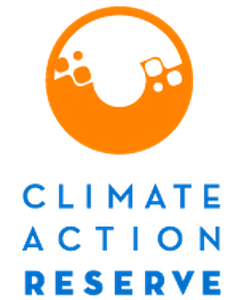
Logo wall test
This is a test logo wall to carousel on a 2 column page.


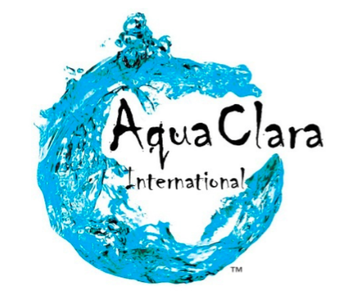





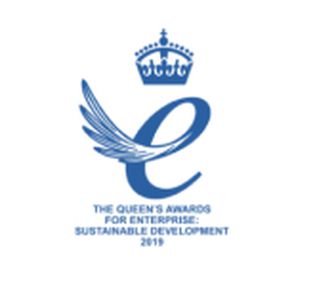

Partnering with new and experienced project developers
Many of the project partners we work with have carried out successful projects already. They have a presence on the ground working with local communities and are interested in increasing the scale of their impact by expansion.
We can also help those new to project development navigate and deliver against all the requirements to become verified with an international standard.
Verifying carbon credits
Developing projects under voluntary standards requires expertise and resources, so that activities generating carbon credits have integrity.
Carbon credits must be validated, verified and registered under an approved standard to ensure quality. The International Carbon Reduction and Offset Alliance (ICROA) manages the Code of Best Practice to ensure that carbon reduction projects are of the highest quality. The key criteria to ensure a project can be verified with an international standard are shown below.
| Criterion | Requirement |
| Real | Emission impacts (avoidance or removals) must exist. |
| Measurable | Project impacts must be able to be quantified. |
| Additional | Emission reductions would not have happened were it not for the sale of carbon credits. |
| Permanent | Reversal risks must be identified and mitigated, and a failsafe mechanism implemented to compensate for such risks. |
| Independently verified | The project must be verified by a third party, who then submits their findings to the relevant standard. |
| Unique | Carbon credits are uniquely serialized, issued, tracked, and cancelled by means of an electronic registry system. |
| Risk and client relationship | Projects must manage the risks that come with implementing a carbon project, and the complexities of a long-term relationship with corporate clients. |
Project types
We work across the following carbon emission reduction project types:
Nature-based solutions
Financing natural climate solutions reduces and removes carbon emissions while conserving and restoring biodiversity, to ensure our planet thrives.
Learn moreHealth & Livelihoods
Projects that reduce indoor air pollution, provide clean water, and generate new income opportunities, helping some of the communities most impacted by climate change, yet least responsible for it to adapt and progress.
Learn moreSustainable Infrastructure
Large-scale technological solutions can drive efficient resource management and production of clean, renewable energy.
Learn moreIf a project activity demonstrably reduces emissions, but an appropriate project methodology doesn’t currently exist, there is the option to develop a new methodology and register it with the standards. We have a long history in developing new innovative methodologies, most recently for electric and other metered cooking devices in partnership with MECS.
With increasing demand, we expect to see many more innovations such as the 14Trees project in Malawi. Climate Impact Partners worked closely with project partners to design a carbon project methodology that accurately calculates the carbon reductions achieved by using Durabric®, rather than conventional kiln-fired brick alternatives.
Due diligence
Our sector-leading, enhanced due diligence process identifies, screens, and helps us select appropriate projects. These are not only well managed, but also integrated into the community and provide positive local environmental impact.
Invaluable experience
Our history and experience as project developers guides our selection of the highest quality projects. Project partners draw upon our extensive experience to guide their own project management, which helps them avoid common pitfalls, ensuring robust carbon reductions and long-term project viability.
Become a project partner now ...
46 million lives improved
600+ projects have been supported by Climate Impact Partners
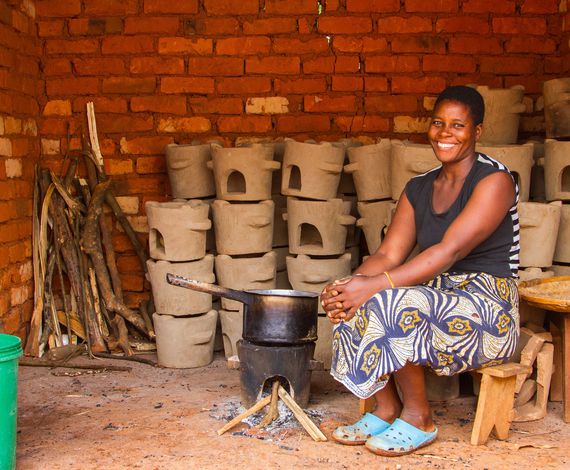
Services for projects
We guide our selected project implementation partners from feasibility stage to carbon credit issuance and beyond.
Read more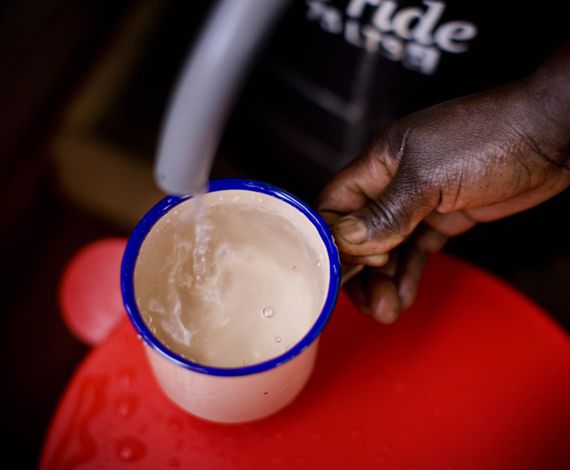
Why become a partner
Project developers working in partnership with Climate Impact Partners enjoy a range of benefits for their carbon projects.
Read more

